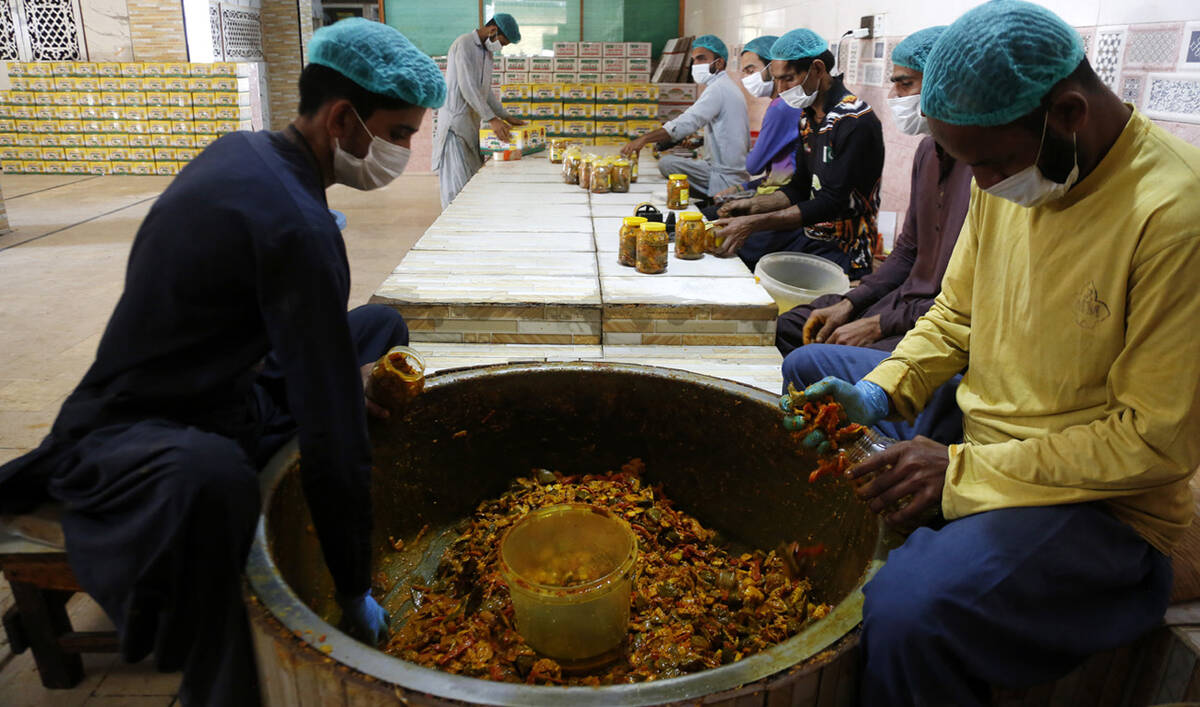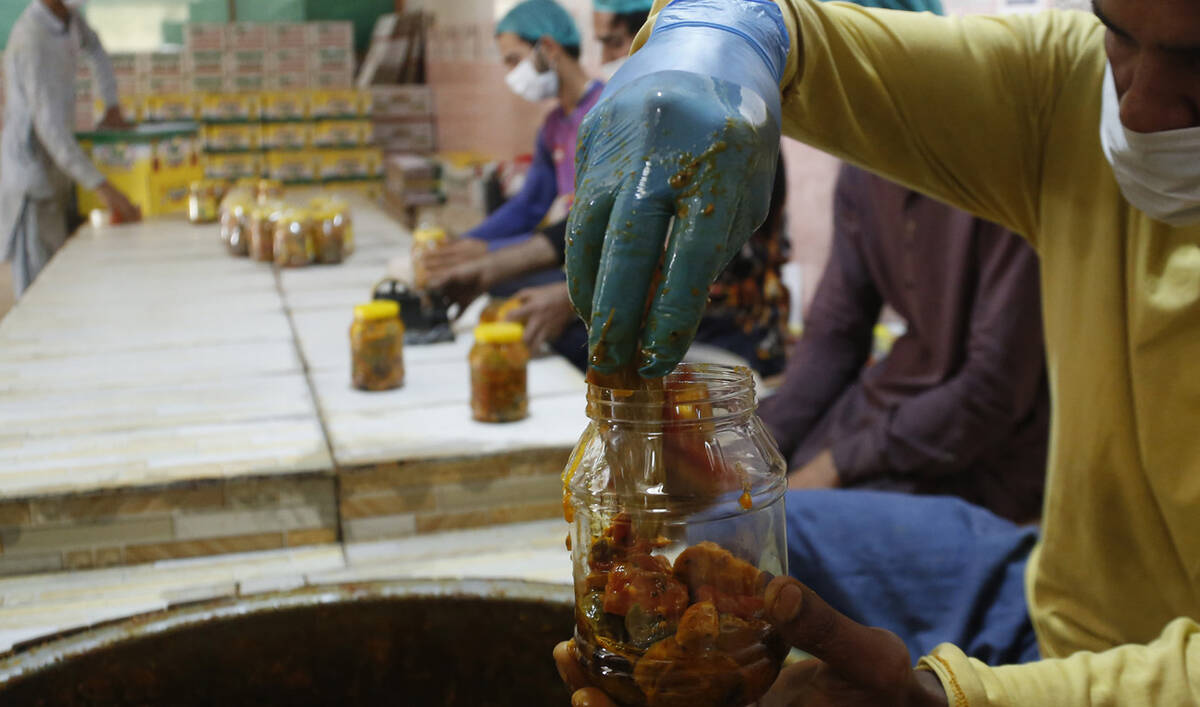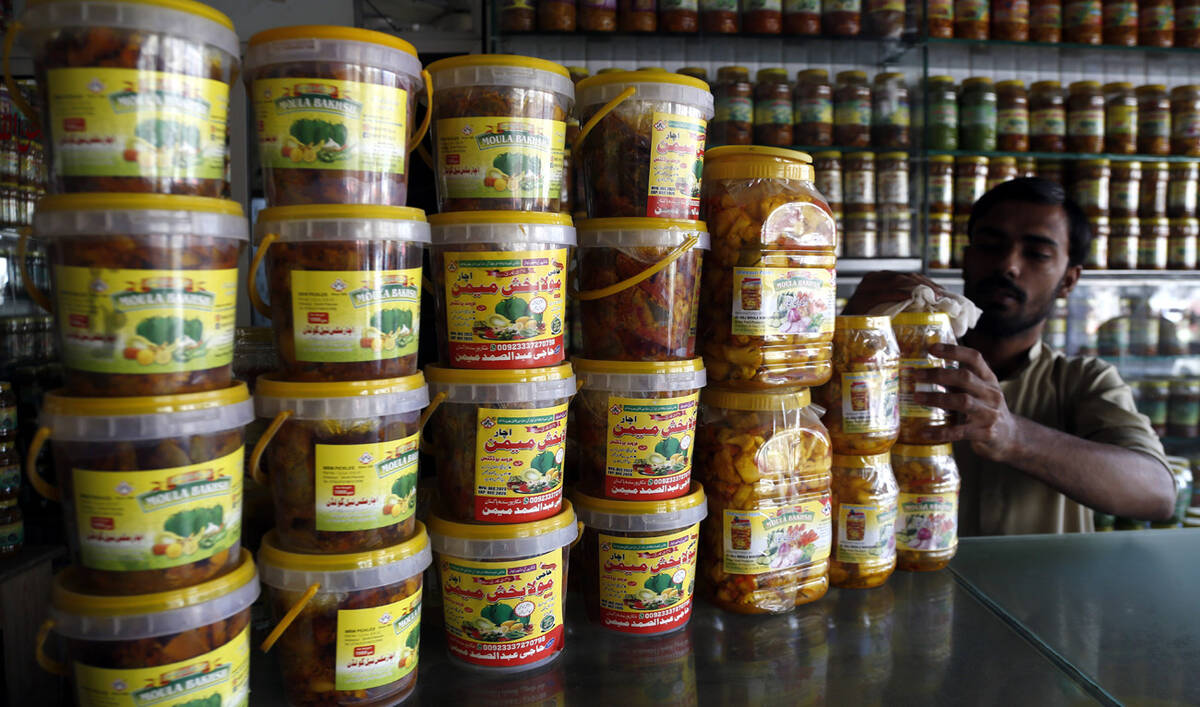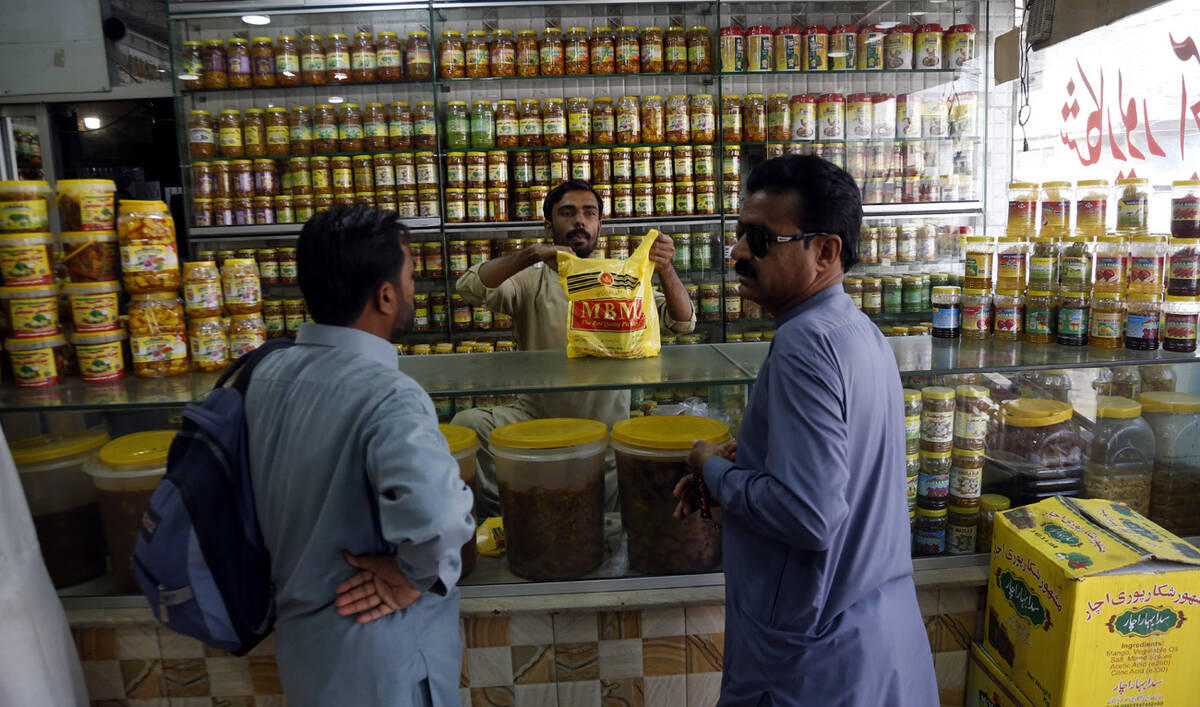COLOMBO/ISLAMABAD: The leader of the Sri Lanka Muslim Congress said on Tuesday the government of the island nation had cited security reasons to reject a request by 15 Muslim parliamentarians to meet Pakistani Prime Minister Imran Khan during his two-day official visit to Colombo.
Khan arrived in Colombo on Tuesday afternoon where he was received by prime minister Mahinda Rajapaksa at the Bandaranaike International Airport.
Khan had extensive consultations with his Sri Lankan counterpart at Temple Trees, the Prime Minister’s official residence, soon after his arrival in Colombo. The one-on-one meeting between the two PMs was followed by delegation-level talks between the two sides.
The two leaders witnessed the signing ceremony of “important MOUs on cooperation in the fields of tourism, investment, education, and technology,” the Pakistani PM’s office said in a statement.
“The two leaders held wide-ranging discussions with a focus on reinforcing a broad-based and enduring partnership between Pakistan and Sri Lanka to advance the shared objectives of peace, stability and economic prosperity in South Asia,” the PM’s office said, adding that “security and defense cooperation” was also discussed.
“The Prime Minister emphasized the importance of resolving disputes through dialogue and promoting the vision of peace, progress and prosperity in South Asia and beyond,” the statement added.
Meanwhile, Rauf Hakeem, former minister and leader of the Sri Lanka Muslim Congress, told Arab News a group of 15 Muslim MPs from different political parties sent a written request through the Pakistan High Commission in Colombo to meet the visiting prime minister, “but unfortunately the government has turned down our request citing security reasons.”
He was speaking during a protest held by the Muslim community near the Shangri La Hotel, where Premier Khan will be staying overnight in the Sri Lankan capital.
Muslims make up nearly 10 percent of Sri Lanka’s population of 22 million, which is predominantly Buddhist. The community’s representatives say they have been receiving complaints of discrimination from across the country, especially since Easter Sunday attacks 2019, when reportedly Daesh-inspired militants killed over 250 people in churches and hotels across the country in Easter Sunday attacks in 2019.
In recent years, Buddhist hard-liners, led by the Bodu Bala Sena (BBS) or “Buddhist Power Force,” have stoked hostility against Muslims.
As Khan landed at the Bandaranaike International Airport, more than 1,000 men and women gathered near the Shangri La Hotel to protest their government’s refusal to let their leaders meet Khan.
“We wanted to tell the great Muslim leader and sportive Khan about the travails of the Muslim community; about the denial of the basic Islamic rites of cremating the remains of the Covid-19 infected,” Hakeem said, speaking about what has become a rallying cry for the island’s Muslims: The Sri Lankan government’s refusal to let them bury their dead according to Islamic rituals.
In April last year, Sri Lanka made it mandatory that people dying of the coronavirus be cremated, causing anxiety and protests among the Muslim community, which traditionally buries its dead. On February 9 this year, Rajapaksa told parliament his government would allow the burial of people who had coronavirus. However, a gazette notification to annul the previous order has yet to be issued.
Former minister and leader of the Sri Lanka Muslim Congress, Rishath Bathiudeen, told Arab News on Tuesday that the Muslim community had been traumatized due to the cremation order.
“More than 180 countries are burying such Covid-19 infected bodies and the requests to Lankan government from international organizations such as the Organization of Islamic Conference(OIC) and human rights bodies have fallen on deaf ears,” he said.
Parliamentarian Mujibur Rahman said the community continued to suffer: “People are not afraid of death but they are afraid of cremation.”
But international affairs expert Zafar Jaspal warned against Pakistan looking at the Colombo trip as anything more than a bilateral visit or making it about the Muslim Unmah.
“Khan is there to represent Pakistan and not the Muslim Ummah. There is a majority of Sinhali people in Sri Lanka and being the Buddist they have problems with Muslims for quite some time now,” he said. “Pakistan has always supported Sinhali leadership in Sri Lanka. It is in our best interest that we should not enter into the internal conflict of Sri Lanka and try to remain within the framework of the bilateral issues.”
Former foreign secretary Riaz Khokhar concurred: “Pakistan and Sri Lanka have very historic and good relations. We played a very pivotal role in their victory against Tamil insurgency. Now we should not put our friends in trouble by indulging in any other issue than bilateral relations.”























